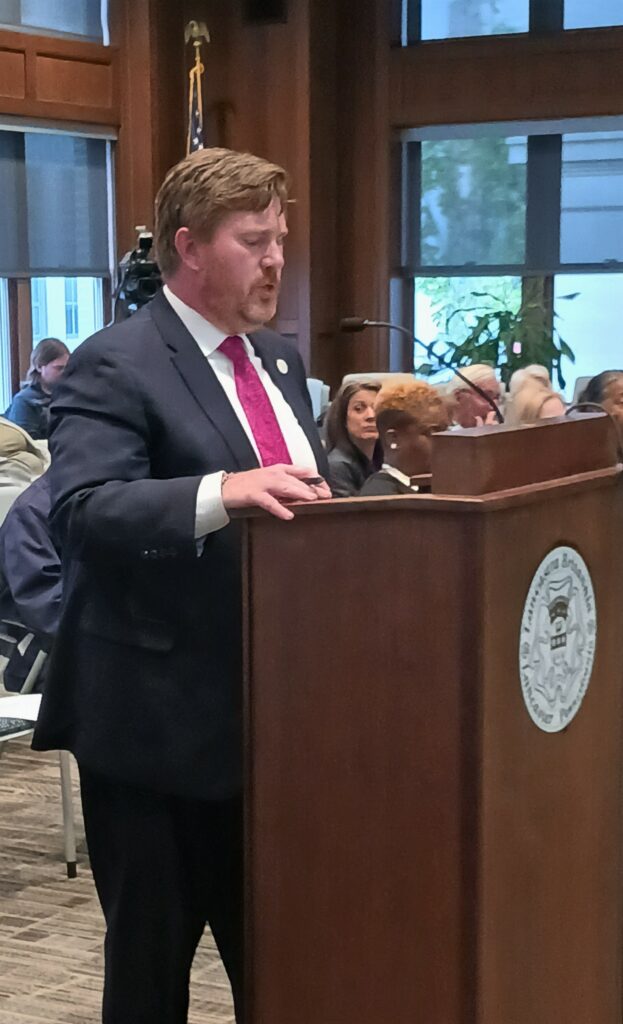City Council kicked off its Tuesday meeting with a discussion of whether Lancaster needs a “Trust Act” to protect undocumented immigrants.
A Trust Act ordinance would bar police and other city officials from asking about anyone’s immigration status or cooperating with U.S. Immigration & Customs Enforcement, or ICE.

Such a “comprehensive statutory framework” would give immigrants in Lancaster the security and peace of mind they deserve, attorney Nick Katz said.
Katz represents the advocacy and social services nonprofit CASA, which launched a public push for a local Trust Act at City Council’s previous meeting on April 11. More than a dozen CASA members were again in council chambers for Tuesday’s follow-up conversation.
At the April 11 meeting, CASA had alleged city police complicity in ICE detentions. Those allegations were false, and CASA has acknowledged that, Mayor Danene Sorace said.
Both she and police Chief Richard Mendez stated categorically that Lancaster and its police have not cooperated with ICE to date and will not in future.
“We’re a municipal police agency,” Mendez said. “It’s not our lane to be in.”
While council certainly has the option to enact an ordinance, Sorace said, it would not increase the level of protection that already exists and is being codified in administrative policy.
Concern about local cooperation with ICE skyrocketed during the Trump administration, which actively recruited municipal police and sheriff’s departments nationwide to engage in immigration enforcement. Many continue to do so.
Councilman Lochard Calixte summarized the reasons that advocates for immigrants and researchers condemn the practice: They say it reduces police-community trust and encourages racial profiling, making broad swaths of the community unwilling to report crimes or cooperate with investigations. Moreover, Calixte said, ICE has been credibly accused of human rights violations; cooperating with the agency makes local governments complicit and could open them to legal liability.
CASA has submitted a proposed Trust Act ordinance for council’s consideration. It’s based on ones passed in other jurisdictions, none of which have been challenged, Katz said.
Sorace said the city is well advanced in multiple policy reviews that go well beyond “one policy related to ICE.” She cited Lancaster’s recent recertification as a Welcoming City and the police department’s work to achieve accreditation, which includes formalizing its ICE non-cooperation policy in writing.
“The best path forward” is to let those efforts continue unimpeded, she said.
Councilwoman Katie Walsh asked: Would passing a Trust Act in tandem with the city’s administrative reforms cause any problems? Potentially yes, Sorace said: CASA’s draft, if passed, would impose new administrative burdens and require an unnecessary rewriting of city policies.
Council President Amanda Bakay said City Council will need to see more information before deciding how to proceed. Sorace agreed, and said City Hall would also increase its outreach, so that immigrants understand they have nothing to fear from interacting with city police.
Katz said he looks forward to continuing CASA’s dialog with the city: “We’re trying to get to the same place.”






